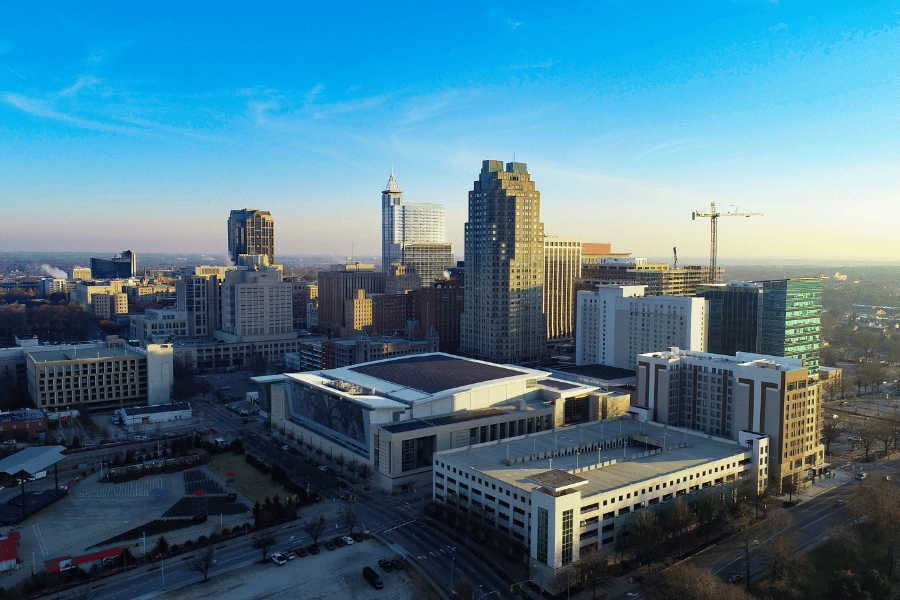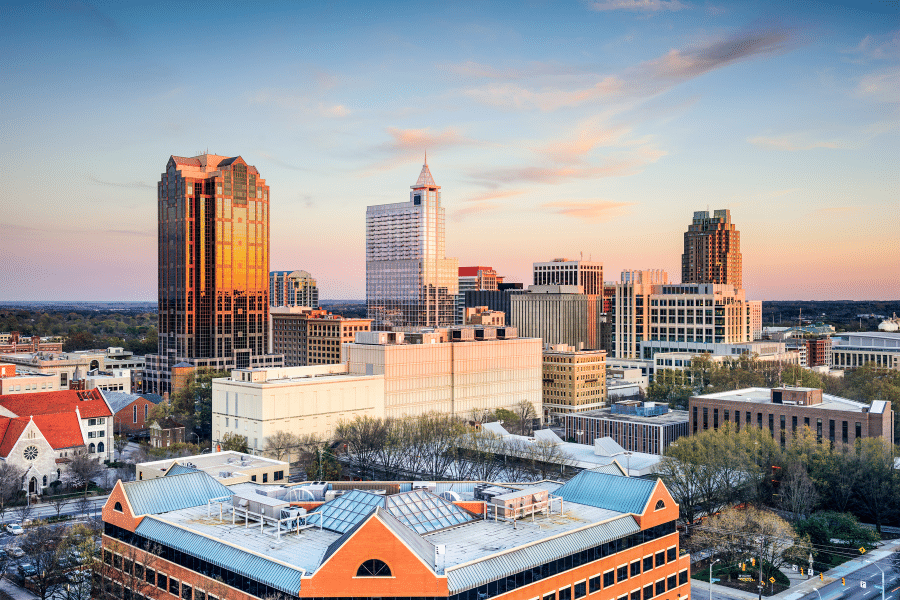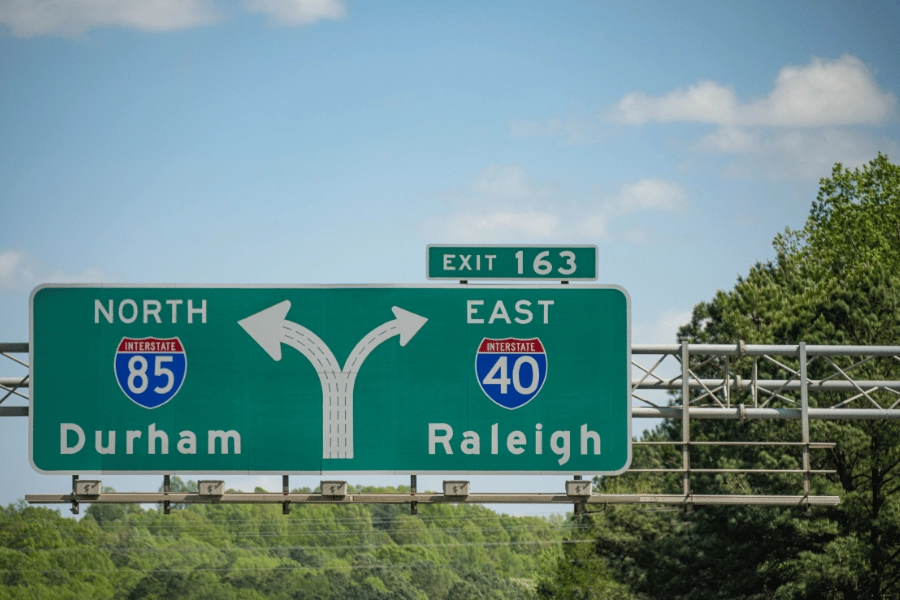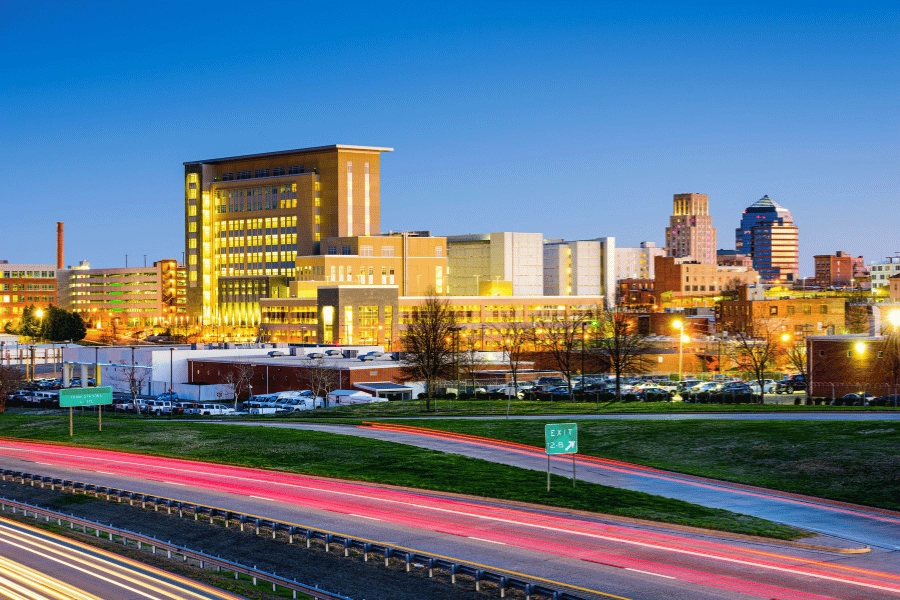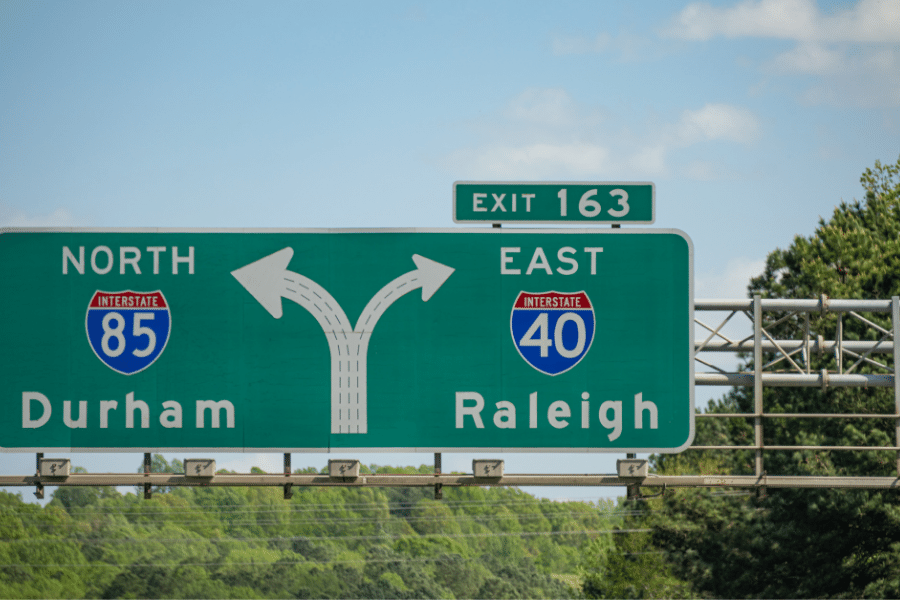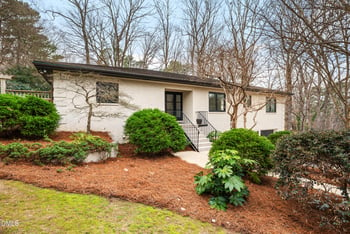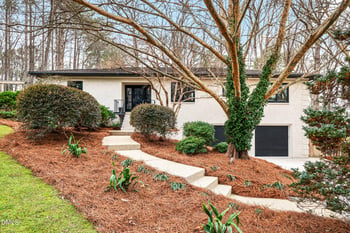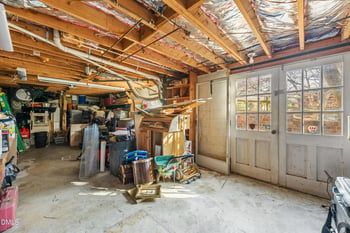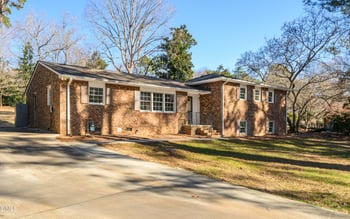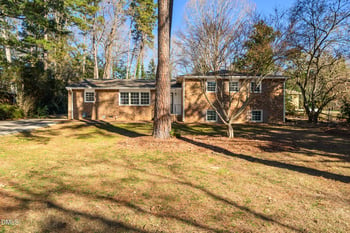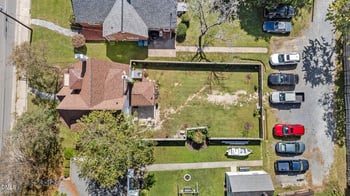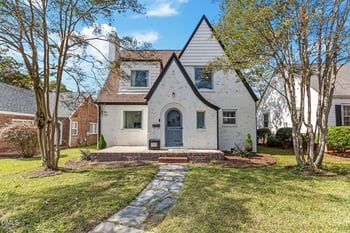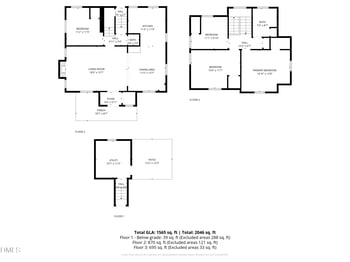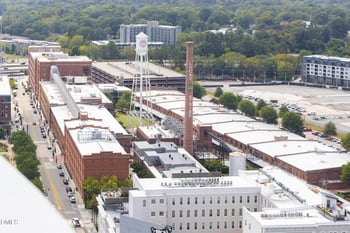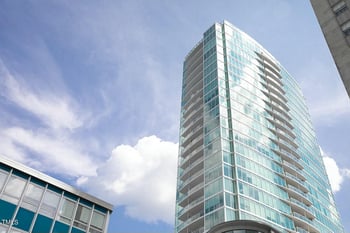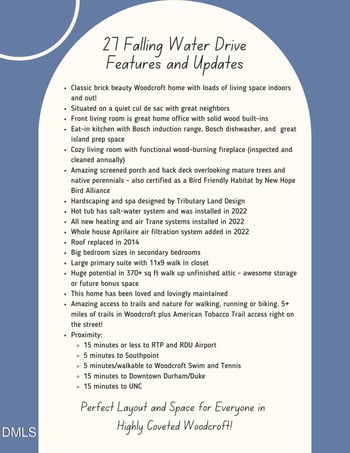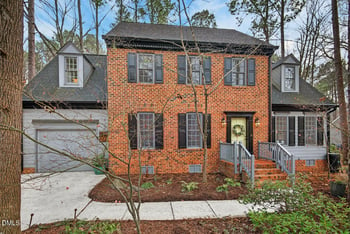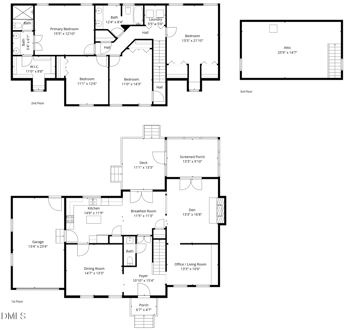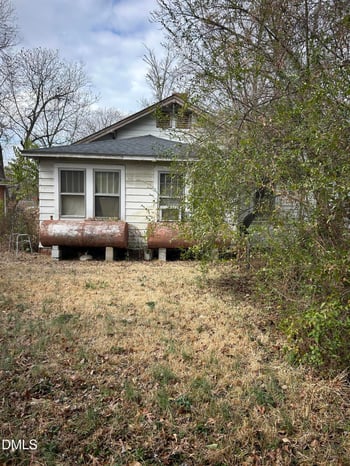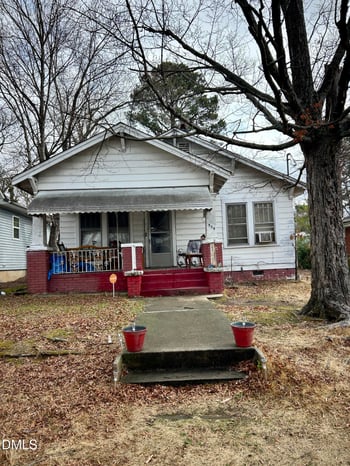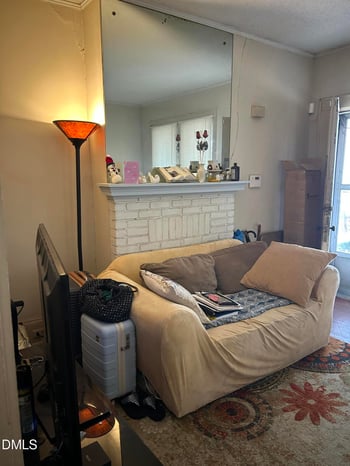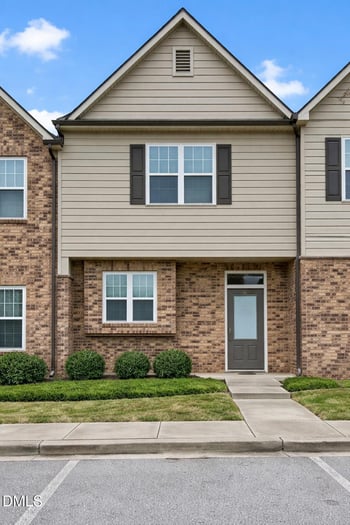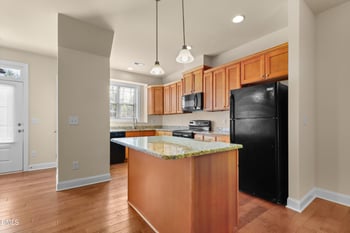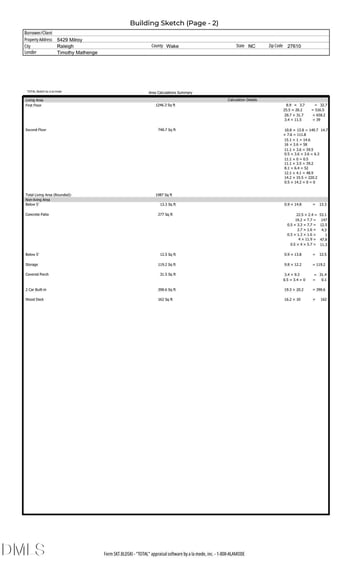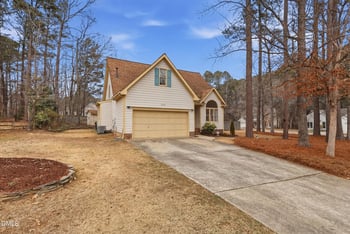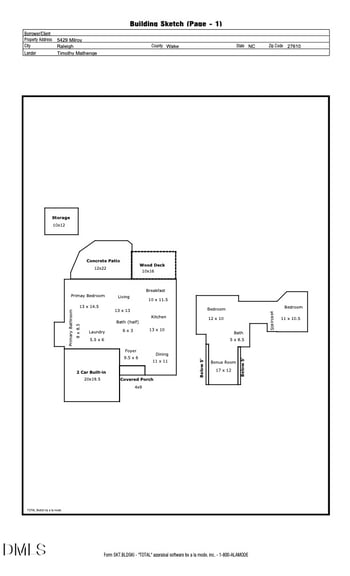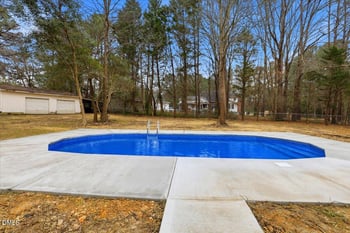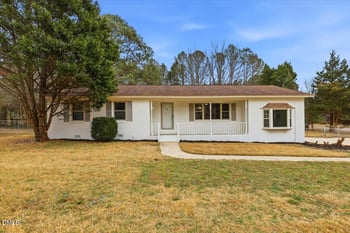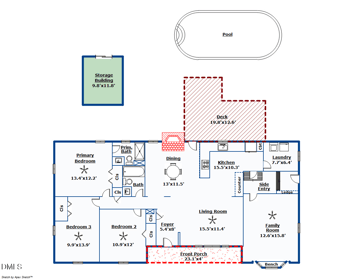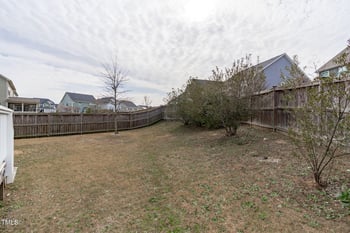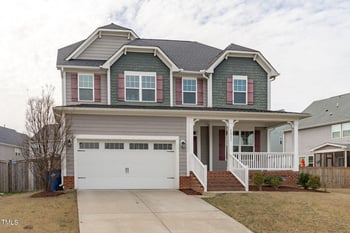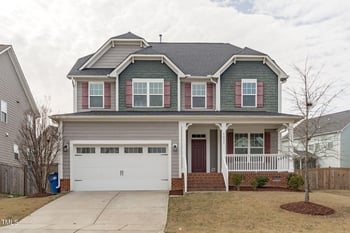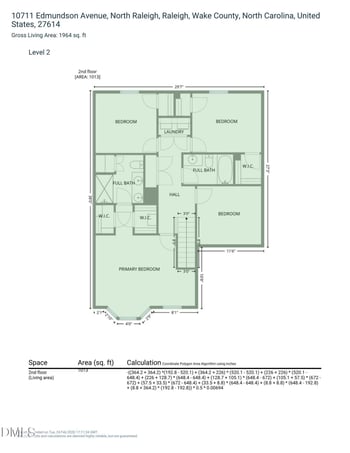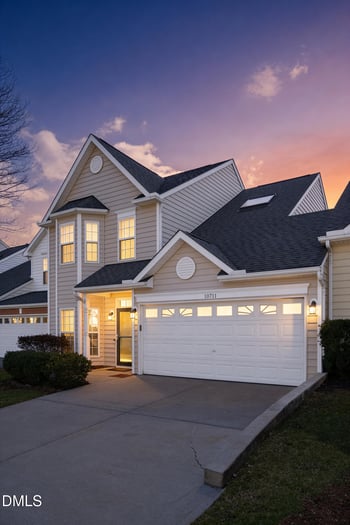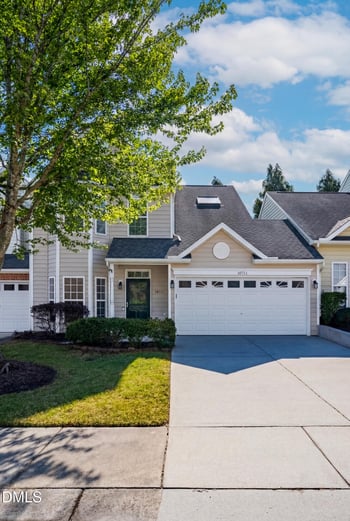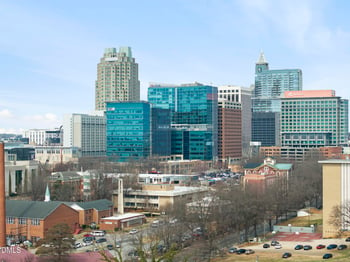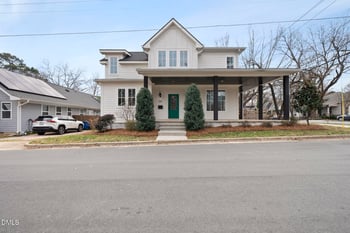Raleigh vs Durham: Where to Live in the Triangle
What are some differences between living in Raleigh vs living in Durham, NC? If you are considering a move, here is everything you need to know about Raleigh and Durham.
The Research Triangle area of North Carolina attracts thousands of new residents each year, drawn by world-class universities, thriving job markets, and an exceptional quality of life. However, when choosing between Raleigh and Durham, many prospective homebuyers weigh each city's unique character and advantages.
The Triangle area is becoming increasingly popular, with more than 70 people moving daily. The longstanding debate of whether to live in Raleigh or Durham will depend on your personal preferences, lifestyle, and budget. Both are beautiful cities with more than enough things to do to keep you busy.
Located only 30 minutes apart, Raleigh and Durham offer very different experiences. As your trusted Raleigh real estate experts, we've created this comprehensive guide to help you decide where to call home in the Triangle.
Keep reading to learn about whether you should live in Raleigh or Durham
1. Raleigh vs. Durham Overview
Between 2022 and 2023, Raleigh's population increased by 1.9%, making it the third fastest-growing city. Home to more than 482,295 residents, Raleigh is a fantastic place to live for all ages.
It doesn't take long to figure out why people flock to this fantastic city. Ranked as the #1 place to live in North Carolina, the #1 best city for quality of life in the United States, and the second-best city worldwide, Raleigh is a fantastic place to call home.
As North Carolina's capital city, Raleigh embodies the perfect blend of Southern charm and modern sophistication. Known as the "City of Oaks" for its abundance of oak trees, Raleigh offers a polished urban experience with excellent schools, diverse dining, and a thriving job market centered around government, technology, and healthcare.
Raleigh has many pros and cons, but one of the best parts is that it's a city with a small-town feel. This comfort and familiarity cannot be found anywhere else. The people will be some of the friendliest and most welcoming people you have ever met.
In addition, the job market in Raleigh is top-notch, from small businesses to large corporations. It is no wonder that many working professionals are moving to Raleigh, which is ranked as the Best City for Jobs by Glassdoor.
Raleigh is great for young professionals, and the local schools are some of the best in the state. Making it a fantastic place for families and even college students. Finally, Raleigh is also one of the best places to call home as a retiree.

Meanwhile, Durham is overflowing with creative energy and academic excellence. Home to Duke University and a thriving arts scene, Durham has transformed from its tobacco industry roots into a hub for biotechnology, research, and innovation.
The "Bull City" attracts those seeking authentic character, cultural diversity, and a more eclectic urban experience. With a population of about 296,186, Durham is slightly smaller than Raleigh but has just as much to offer.
Durham is a technology and healthcare industry hub home to companies like IBM, SAS, and NVIDIA. If you are looking for a new job, Durham should be at the top of your list, no matter your career or experience level.
As a mid-sized city like Raleigh, Durham has a strong small-town feel and sense of community. Home to one of the best colleges in the country, the University and students make the city something special.
As a college town, you'll soon discover how passionate Durham residents are about their sports teams. From Duke basketball to the Durham Bulls, you'll have plenty of chances to see these two popular sports in action.
Known for its vibrant dining scene, downtown Durham has some of the best restaurants, bars, and cafes in North Carolina. As the home of the Durham Performing Arts Center, residents enjoy access to concerts, comedy shows, and live performances throughout the year,
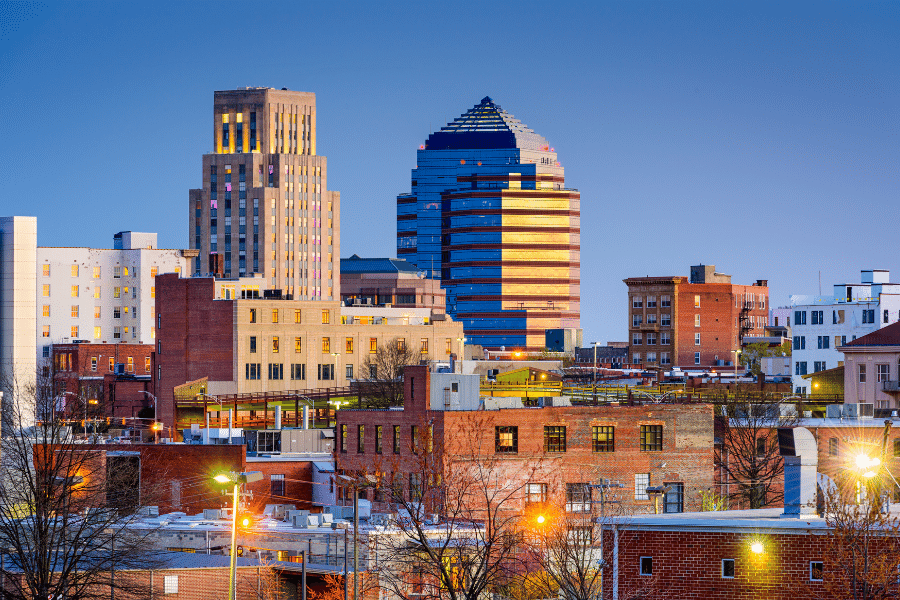
2. Cost of Living Comparison
Raleigh Cost of Living
Raleigh's overall cost of living is 2% lower than the national average. However, you should never forget that the cost of living will vary greatly depending on several factors, such as your profession, personal preferences, budget, average salary, and the real estate market.
More specifically, compared to the national average, housing expenses in Rlaeigh are 5% lower, utilities are 6% lower, groceries are 1% higher, and transportation costs are 8% lower.
These percentages may not equate to how much you will spend living in Raleigh. However, they should give you a rough estimate of how much it will cost to live in Raleigh.
A Raleigh resident's median per capita income is $49,948, and the median household income is $82,424. As an up-and-coming city, Raleigh's job market is growing rapidly, and you should expect to see many more job opportunities in the next couple of years.
According to Payscale, Here are some categories of the cost of living in Raleigh.
| Cost of Living Item | Average Price |
| Median Home Price | $474,625 |
| Median Rent Price | $1,443 per month |
| Gas | $3.13 per gallon |
| Gallon of Milk | $4.71 |
| Doctor's Visit | $156.89 |
The Raleigh housing market is becoming increasingly popular. It is considered a seller's market, meaning prices tend to be higher, and homes sell faster. In Raleigh, home prices increased 5.1% since March 2024.
Raleigh's real estate market remains highly competitive, driven by steady population growth and a diverse economy. To keep up with the population increase, many new homes and apartments are being built in Raleigh.
Popular Raleigh home types include:
- New construction communities in North Raleigh and Cary
- Historic homes in Five Points and Oakwood
- Modern condos and townhomes in downtown and North Hills
- Family-friendly neighborhoods in Apex and Holly Springs

Durham Cost of Living
The cost of living in Durham is 7% higher than the national average. Housing costs in Durham are 7% higher, which can be one of the most significant expenses. Utilities are 9% lower than the national average, groceries are 1% higher, and transportation costs are 11% lower.
You can expect to spend less money living in Durham than in Raleigh on utilities, groceries, and transportation costs. However, your housing costs in Durham may be about the same, if not more expensive.
According to Payscale, Here are some categories of the cost of living in Durham.
| Cost of Living Item | Average Cost |
| Median Home Price | $532,895 |
| Median Rent | $1,620 per month |
| Gas | $3.02 per gallon |
| Gallon of Milk | $4.74 |
| Doctor's Visit | $147.76 |
Durham residents' median per capita income is $46,931, and the median household income is $79,501, which is lower than in Raleigh.
Durham's real estate market provides unique housing options, often at more accessible price points than Raleigh.
Popular Durham home types include:
- Converted lofts and condos in downtown's American Tobacco District
- Craftsman-style homes in Trinity Heights and Forest Hills
- New developments near Research Triangle Park
- Affordable starter homes in emerging neighborhoods
3. Safety and Crime Considerations
Understanding neighborhood safety is crucial for any home purchase decision. Recent crime data shows essential differences between the two cities.
Raleigh has a crime rate of 32 per 1,000 residents, which is relatively high but includes all types of crime, both property and violent crime. Residents generally consider the southwest part of the city to be the safest.
On the other hand, Durham has a crime rate of 45 per 1,000 residents, which is higher than Raleigh's. However, crime varies significantly by neighborhood, and many areas of Durham are pretty safe for families and professionals.
Safety tips for both cities:
- Research specific neighborhood crime statistics
- Visit potential neighborhoods at different times of day
- Connect with local community groups and neighborhood associations
- Consider proximity to emergency services and well-lit areas
4. Best Neighborhoods for Every Lifestyle
Top Raleigh Neighborhoods
Raleigh is full of many wonderful neighborhoods, whether you are looking for the perfect place to start a family, a quiet place to relax, or a place in the heart of the city.
North Hills
Homes in North Hills are perfect for professionals seeking urban amenities with suburban comfort. Features upscale shopping, dining, and easy highway access.
Five Points
Five Points is a walkable historic neighborhood popular with young professionals. It is known for its local restaurants, vintage shops, and community feel.
Brier Creek
A planned community offering new construction homes, excellent schools, and family-friendly amenities. The Brier Creek neighborhood is popular with families relocating to the area.
Historic Oakwood
Historic charm meets urban convenience in this downtown-adjacent neighborhood. Victorian homes in Historic Oakwood and tree-lined streets attract those seeking character.
Top Durham Neighborhoods
Durham has many great neighborhoods with high safety ratings, fun things to do, and affordable homes.
Trinity Heights
An established neighborhood with tree-lined streets and diverse architectural styles. Trinity Heights is popular with Duke faculty and medical professionals.
Forest Hills
This top-rated neighborhood is known for its strong sense of community and walkability to local shops and restaurants. It is home to families and young professionals.
Southpoint
Southpoint is a development area with shopping, dining, and family amenities that are great for those wanting suburban conveniences with urban access.
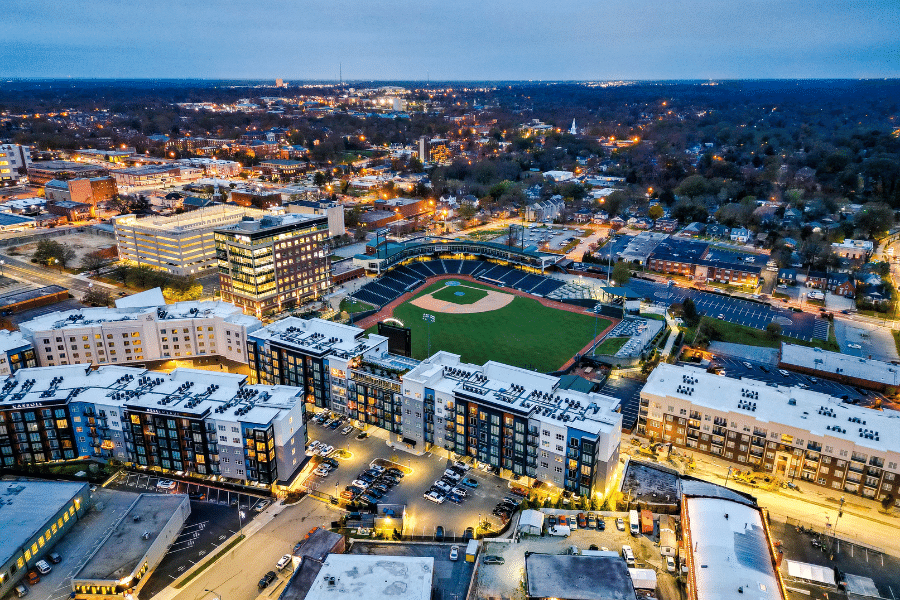
5. Where to Live in the Triangle
All in all, you can't go wrong with living in Raleigh or Durham. Both are amazing places for families, retirees, and young professionals to live.
The cost of living is slightly higher in Durham, especially in terms of housing. However, this will vary between the two cities depending on many personal factors.
Choose Raleigh if:
- Prefer newer, planned communities and suburban amenities
- Work in government, technology, or corporate sectors
- Want excellent public schools and family-friendly neighborhoods
- Enjoy shopping and dining in polished, upscale environments
- Appreciate efficient city services and infrastructure
Choose Durham if:
- Value authentic character and historic neighborhoods
- Work in healthcare, research, or academia
- Enjoy arts, culture, and a vibrant food scene
- Prefer diverse, walkable communities with local flavor
- Want more affordable housing options with renovation potential
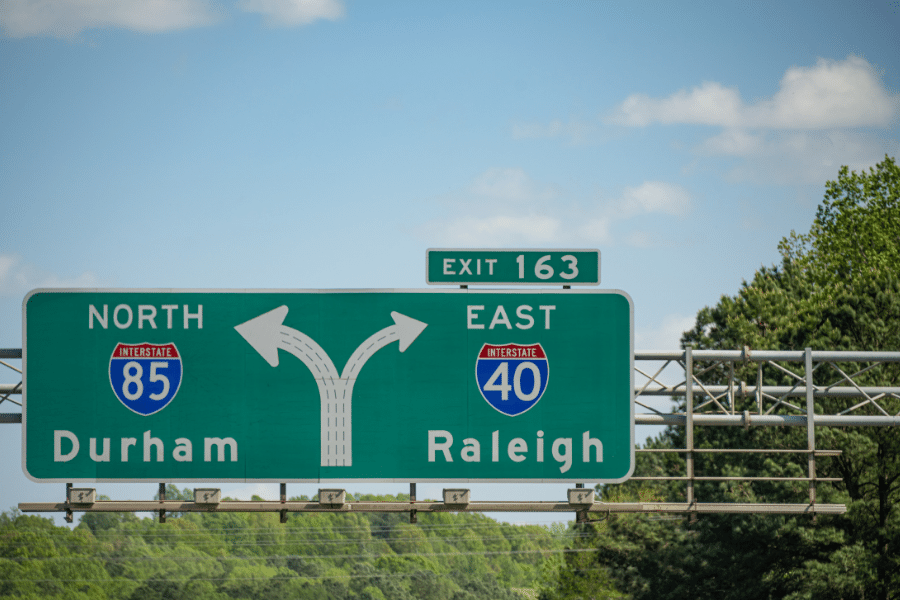
Methodology
Data was sourced from the U.S. Census Bureau, Payscale, NeighborhoodScout, and the Triangle Business Journal to determine the differences between living in Raleigh and Durham, North Carolina.
FAQ: Raleigh vs Durham
Here are some commonly asked questions about whether you should live in Raleigh or Durham.
Which is a better city, Raleigh or Durham?
Both Raleigh and Durham have many things to offer its residents and visitors. Durham is known to be more diverse, but Raleigh is known to have more job opportunities.
Is Durham more expensive than Raleigh?
Durham is known to be slightly more expensive than Raleigh. You will have affordable options in both cities, but it will depend on the location and housing market at that time.
Where is the best place to live in the Triangle, NC?
If you love living in the city, Durham and Raleigh are the best places to live in the Triangle. However, if you want to be outside of the city but still live in a convenient location, Chapel Hill, Cary, Apex, or Holly Springs are your best options in the Triangle.
Is Durham safer than Raleigh?
Overall, the violent crime rate in Wake County is lower than that in Durham. This will vary greatly depending on your location, but it is always a good idea to be aware of your surroundings, no matter where you live.
Why are Raleigh and Durham so popular?
Both cities are popular for many reasons, including excellent restaurants, neighborhoods, museums, bars, activities, schools, and communities. Additionally, both are in the middle of North Carolina, meaning you are only about a two-hour drive from the beautiful beaches and mountains.
Raleigh vs Durham - The Bottom Line
Whether you choose Raleigh's polished sophistication or Durham's authentic character, you'll find yourself in one of the Southeast's most dynamic regions. Both cities offer excellent quality of life, strong job markets, and welcoming communities.
At Raleigh Realty, we understand that choosing between Raleigh and Durham is the beginning of your home-buying journey. Our experienced agents know both markets intimately and can help you navigate everything from neighborhood selection to closing day.
Whether you're drawn to Raleigh's modern amenities or Durham's historic charm, we're here to help you find the perfect home in the Triangle. Contact Raleigh Realty today to explore the exceptional communities Raleigh and Durham offer.
